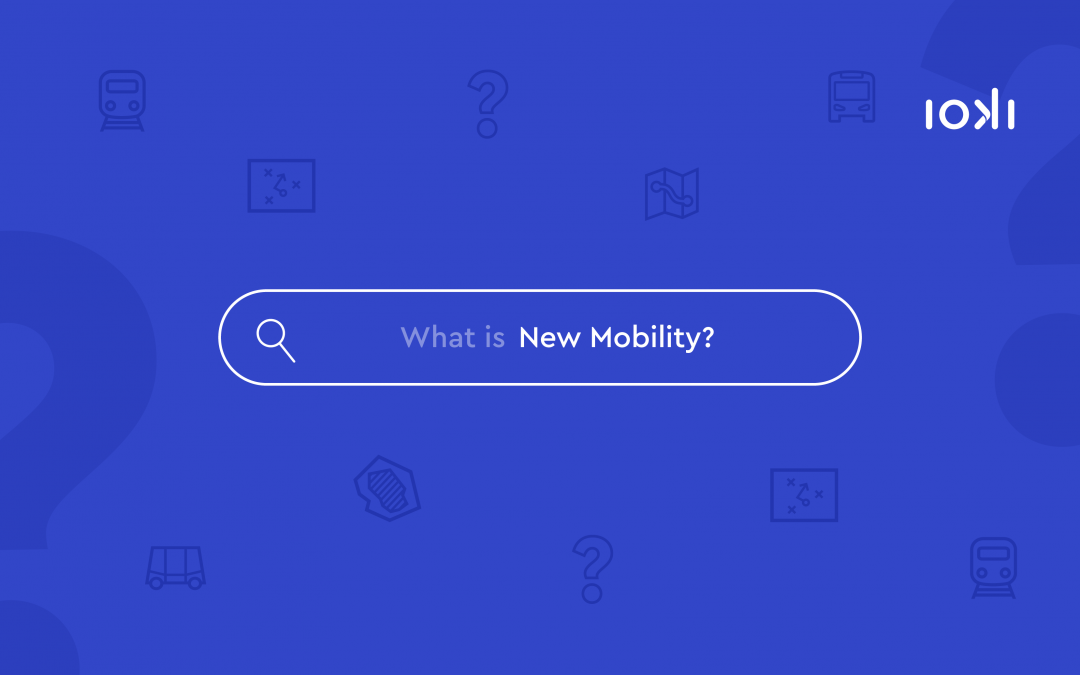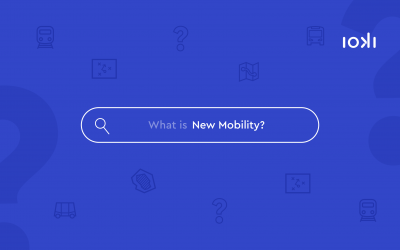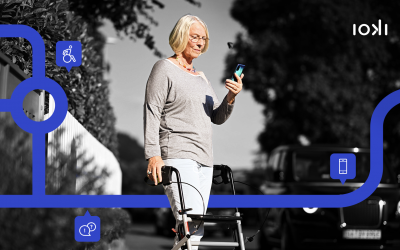When you think of mobility in Baden-Wuerttemberg, you can’t avoid the association of the state capital with the car manufacturer with the star. As is well known, the heart of the automotive industry beats in the «Ländle». But a closer look reveals that Baden-Wuerttemberg also has other stars of the mobility turnaround to offer.
Mobility turn: Politicians and the population want to make a difference
Around 11.1 million people live in Baden-Wuerttemberg, 35 percent of them in rural areas. This is a particular challenge for the mobility transition, as private cars are the most frequently used means of transport, especially in rural areas. For a successful transport turnaround, the federal state wants to reduce emissions from the transport sector by at least 55 percent by 2030 compared to 1990. To this end, the state government, consisting of the Green Party and the Christian Democrats, has launched the state concept Mobility and Climate (German: Landeskonzept Mobilität und Klima = LMK). It is based on the coalition agreement and sets out 135 measures for the transport turnaround. Among them are the doubling of public transport through a mobility guarantee, the support of a nationwide bicycle network and the development of a charging infrastructure for more climate-neutral cars. The LMK works according to the motto: have your say and protect the climate. Therefore, citizens discuss the concept in so-called mobility councils and could vote on the proposed measures online beforehand.
Countless mobility projects in the state also show how the population is committed to sustainable mobility in a special way. In 2022, the digital car-sharing agency «PENDLA» from the Ostalb region, the project «flottes Gewerbe» from Karlsruhe, the mobility platform «stadtnavi» from Herrenberg, the «Vetter mobility concept» and the citizens’ campaign «Unsere Schwarzwaldbahn» were awarded the state prize «We achieve the mobility turn”.
Less emissions with affordable and attractive public transport and more cycle paths
250 new regional trains, that was the kick-off in 2017 to significantly increase passenger numbers in local transport by 2030. Since then, «bwegt» has been the umbrella brand for local public transport in Baden-Wuerttemberg. 22 associations, 50 transport companies, 20 of which are rail transport companies, have joined forces and facilitate around 800,000 local train journeys a day: all under one strong brand so that more and more people use public transport instead of their private cars.
But Baden-Wuerttemberg also has other showcase projects of the transport turnaround to offer, such as the state-wide 365-euro youth ticket. From March 2023, pupils, students, trainees, and volunteers will be able to use local transport even more easily. Financed and supported by the state government. For more attractive local transport in rural areas, Baden-Wuerttemberg is also providing 25 million euros for on-demand transport to support municipal authorities in setting up and operating demand-oriented services. Together with the ioki software the Karlsruhe transport association demonstrated how an on-demand service can look like in the district of Karlsruhe.
«Especially in rural areas, we need to expand public transport services in an adapted way. On-demand services are ideal here to ensure an economically viable and ecologically sensible public transport service in areas and at times of weak transport demand. With the new programme, we are creating a tailor-made instrument for this purpose.» Minister of Transport Winfried Hermann
But the transport transition will not work without the expansion of further emission-free mobility alternatives. To reduce emissions from the transport sector, citizens should be able to make every second journey on foot or by bike by 2030. To this end, more than 7,000 kilometres of cycle paths are being built under the name RadNETZ, which will connect around 700 municipalities. Bike superhighways are intended to relieve busy commuter routes by providing access to city centres and linking work areas and cities with each other. Cyclists will be able to cover longer distances of up to 15 kilometres quickly by bike thanks to wider routes and fewer interruptions. This is an important factor in reducing motorised private transport. After all, 60 percent of all employed people in Baden-Wuerttemberg do not work at their place of residence. In 2022 alone, the state invested around 18 million euros in cycle path infrastructure.
However, completely being mobile without a private car is not possible in Baden-Wuerttemberg either. In order to create more space for footpaths and bike lanes in cities and to reduce emissions, so-called e-quarter hubs, i.e., car parks with charging infrastructure, are being funded. The state is already supporting three pilot projects in Heilbronn, Stuttgart and Ulm with 3.3 million euros.
The Ländle is autonomous
The state’s close proximity to the automotive and supplier industry makes it an important innovation and industrial location in Germany. Through numerous funding projects and studies with partners from research, industry, municipalities and transport companies, Baden-Wuerttemberg aims to advance autonomous mobility. An important mobility hotspot, especially in the area of autonomous driving, is the region around Karlsruhe. In cooperation with the Karlsruhe Institute of Technology (KIT), a test field for connected and automated driving was created there, funded with 2.5 million euros. And the first autonomously driving on-demand transport in regular public transport was also tested in Karlsruhe. For the EVA-Shuttle project in the suburban area of Weiherfeld-Dammerstock, ioki provided the on-demand technology and the interface to link the autonomous vehicle technology with the platform. For the first time in Germany, citizens were thus able to book autonomous vehicles on demand.
As part of the «Smart Mobility» programme, the state ministries for science, research and the arts and for transport are also funding research into legal prerequisites and regulatory requirements as well as the traffic effects and control options of new and autonomous mobility. In five projects, automated parking and communication and interaction between autonomous or automated vehicles and pedestrians are being studied, among other things.
The Regulatory Sandbox for Automated Bus Operation in Urban and Rural Public Transport is funded with 7 million euros to provide economic, social as well as technical knowledge about how autonomous buses can complement public transport in interurban and urban transport. Six consortium partners, including the DB Regio AG subsidiary DB ZugBus Regionalverkehr Alb-Bodensee GmbH, are working together on the project, which is being led by the Research Institute for Automotive Engineering and Vehicle Engines Stuttgart at the University of Stuttgart. Among other things, automated vehicles are tested in various types of areas in real-life public transport operation. The technical implementation, operational reliability, economic efficiency, and user acceptance will be evaluated as well. In addition, an assessment of a state-wide transferability is conducted and recommendations for action for a sustainable public transport system in Baden-Wuerttemberg are made.
You can find more on the topic of the transport turnaround in Baden-Wuerttemberg here (only in German): https://vm.baden-wuerttemberg.de/de/politik-zukunft/nachhaltige-mobilitaet/klimaschutz-und-mobilitaet/rahmenbedingungen-und-ziele



